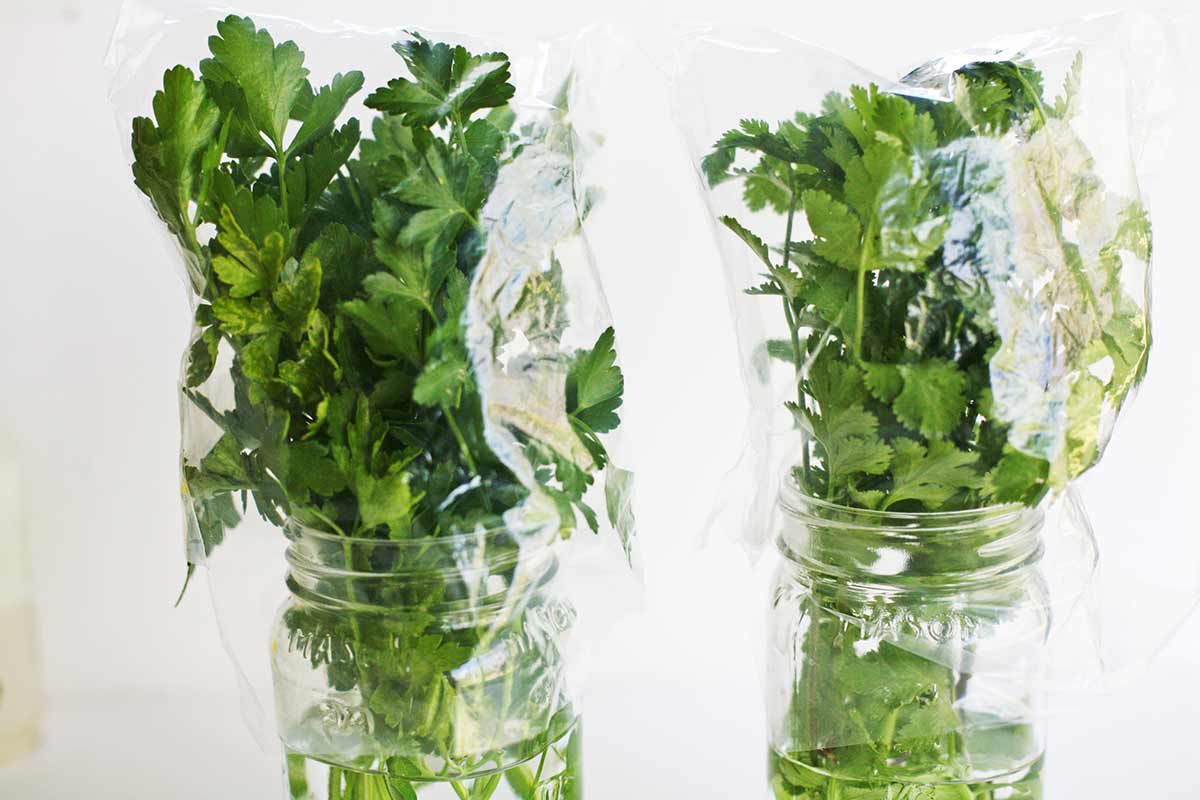

Oxygen, moisture and heat are the main reasons bacteria or fungi reproduce, causing food to go off. Clever kitchen appliances, containers, utensils and tools can help you to store your food wisely and keep it fresher for longer.
Storage hacks
- Airtight containers with snug-fitting lids are perfect for storing items in the fridge, freezer or cupboard. Using the right size is essential; it reduces oxygen in the container
- Airtight jars – Airtight jars are great for storing flour, rice and couscous in the cupboard, as well as storing leftover liquids like salad dressing in the fridge
- Paper towels – Some vegetables sweat moisture (e.g. mushrooms, strawberries and cucumbers) and this causes faster deterioration
- Absorb this moisture by placing one or two paper towels on the top and/or bottom of the airtight containers the food is stored in. Change the wet paper towels every few days for the best result
The fridge
- Make sure the temperature is between three and four degrees Celsius and check the door seals are working
- Wait for food to stop steaming before putting it away, so your fridge doesn’t have to work as hard
- Keep food covered or stored in sealed containers, to keep it fresher for longer
- Watch our video for tips on making the most of your fridge
The freezer
A freezer works like a ‘pause’ function. The quicker food is frozen, the faster the natural deterioration process stops. Make sure the temperature is set to minus 18 degrees Celsius and check the door seals are working.
- Freeze food in sealed containers, wrap it in foil or use reusable zip lock bags to avoid freezer burn and contamination
- Label containers with the date and store food in single or family size portions, so you only need to defrost what you need
The pantry
- Use airtight containers for storing rice, flour, cereal, grains, nuts, sugar and pasta
- Keep bread at room temperature rather than in the fridge. If you don’t think you’ll finish the loaf before it will go stale, stick it in the freezer
- Keep pantry items away from direct sunlight and heat sources like the oven, as they’ll deteriorate more quickly
- Store jam, tomato products, long-life milks, sauces and cans in the pantry until opened and then store in the fridge
Date labels
While the ‘use-by’ date tells us when food is safe to eat, it’s not so straightforward for fresh food and food with ‘best-before’ date labels.
Best before means it may still be okay to eat after that date, depending on how it’s been stored, whether it has been opened and the ‘sniff test’.
When we store food correctly, we extend its shelf life and preserve its nutrition better. Check out our video on food date labels to help you purchase better and take care of the health of your family

